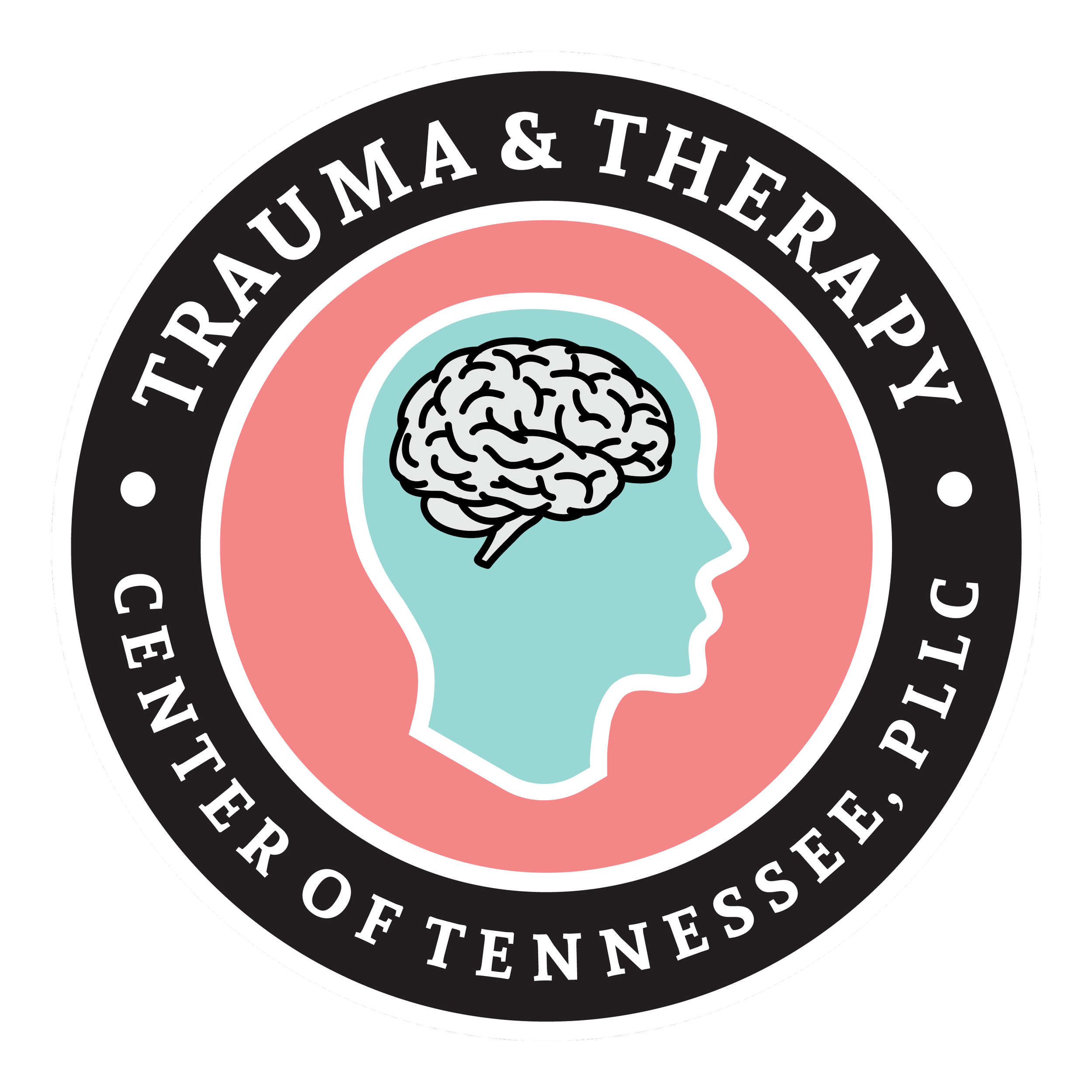When Your Teen’s Breaking Point Is Hiding Behind Their Straight A’s
We help teens and the families who love them regulate, reconnect, and recover with care that actually works.
It’s hard to watch your teen go from thriving to withdrawing or feel the pressure to keep them on track when something deeper is clearly going on. Maybe they’re shutting down, spiraling, or pushing themselves to the point of burnout. You’ve tried to help, but nothing sticks.
At Trauma & Therapy Center of TN, we provide expert care for teens who are high-achieving, deeply anxious, and often silently overwhelmed. We don’t offer cookie-cutter therapy or generic advice. Our team uses trauma-informed, brain-based interventions rooted in attachment science and teen neurodevelopment so your teen gets care that actually fits their stage of life and depth of need.
Whether it’s social anxiety, performance-based stress, panic attacks, or simply feeling like they’re “never enough,” we help families move from survival mode to deeper connection and lasting relief. Through collaborative, trauma-informed care, we help teens feel safe enough to open up, and parents feel supported enough to exhale.
Meet the clinicians who support teens and families: Jill Miller, Christian Zentz, Jordan Minchew, Hanna Major, Kate Kastle, Megan Shaefer, and Logan Breslaw
You Don’t Have to Watch Your Teen Suffer Anymore
From the Blog: Teen Anxiety, Stress, and Trauma Therapy. Helping Teens Thrive, Not Just Perform
Not all telehealth therapy is built the same. At Trauma and Therapy Center of TN, our approach combines evidence-based trauma modalities with relational care from confidential trauma specialists, serving clients in Tennessee, Kentucky, and Georgia. This is high-touch, high-trust virtual therapy that works. Book a free 15-min consult today.
After a recent suicide involving ChatGPT used as a therapist, we explore the dangers of relying on AI for trauma support. Learn why mental health requires human, trauma-informed care—and how our Clarksville, Nashville, and Kentucky therapists offer real relief through confidential consultations and evidence-based healing.
Your teen’s first heartbreak might feel small to you—but to them, it can feel like the end of the world. In this post, we walk parents through five trauma-informed ways to show up with empathy and presence. From listening without fixing to letting them cry, veg out, or just be—these small moments of support can lay the foundation for healing and future resilience.
Beneath every big behavior or intense emotion lies a message from the emotional brain—the part of a child’s mind that’s constantly scanning for threat, seeking safety, and storing experiences through association. This blog breaks down how the amygdala (the emotional brain) creates survival-driven response patterns in children, and how therapy can help them rewrite those patterns through new, embodied experiences.
Connecting with teens in therapy can feel impossible in a world ruled by social media. But the key isn’t to compete—it’s to connect with what matters most to them. From music and mood-tracking apps to creative check-ins and curiosity about their passions, this post offers practical, trauma-informed ways to build real rapport. When teens feel seen, they’re far more likely to open up—and that’s when the healing begins.
Your brain produces tens of thousands of thoughts each day—but not all of them deserve your attention. Some thoughts are rooted in fear, envy, shame, or comparison, and over time, they become mental clutter that impacts your mood, confidence, and relationships. In this blog series, we call that “Garbage of the Mind.” Learn what it is, where it comes from, and how to begin clearing it out to make space for healthier, more helpful thinking. Because emotional healing starts with what we feed our thoughts.






